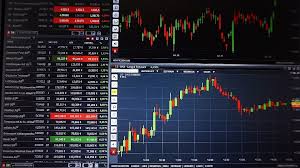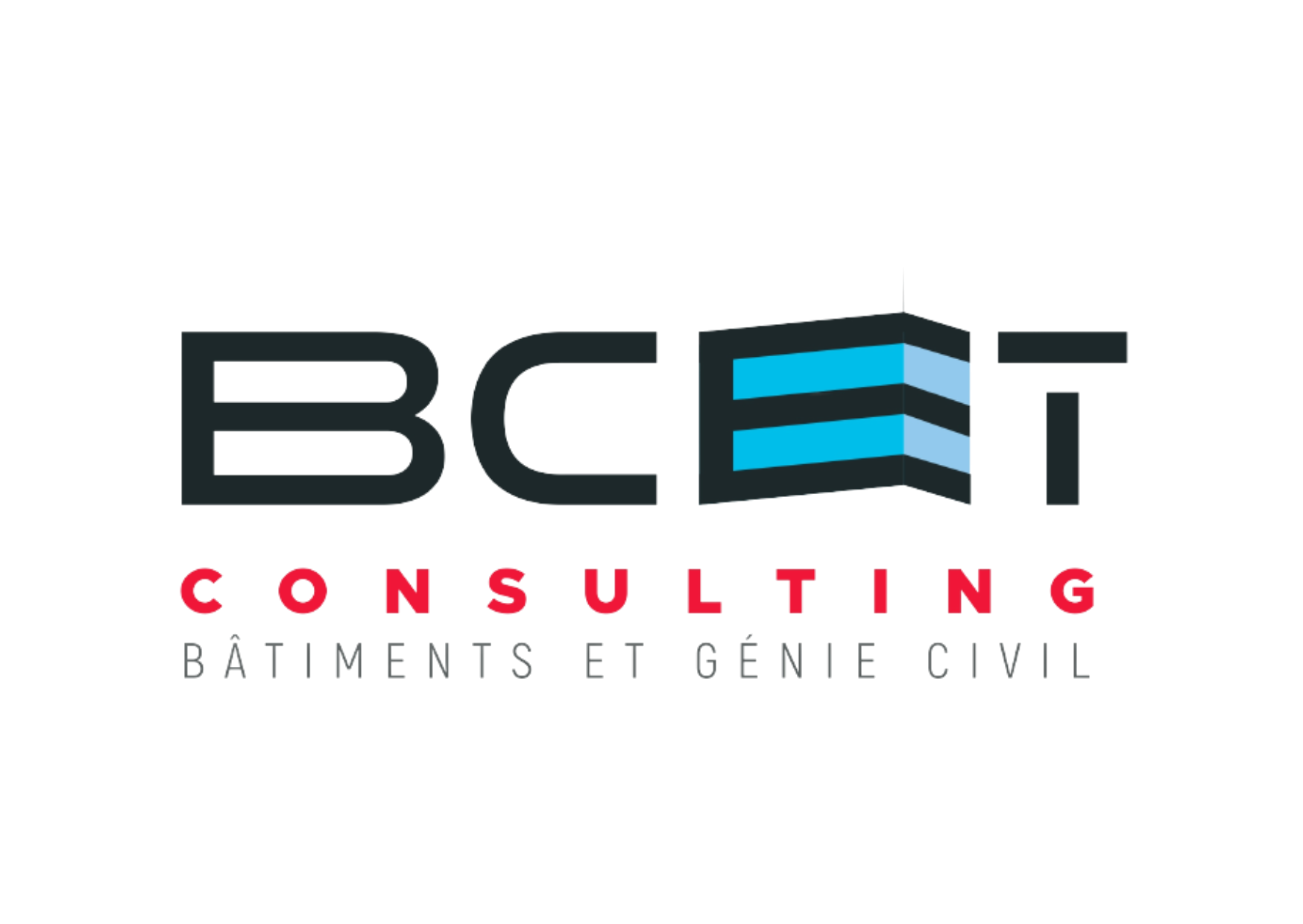
Choosing the Right Forex Trading Broker: A Comprehensive Guide
In the world of forex trading, one of the most crucial decisions a trader can make is selecting the right forex trading broker. With numerous options available, it becomes essential to understand what differentiates brokers and how these differences can impact your trading experience. At the forefront of these considerations is forex trading broker ex-zar.com, a noteworthy platform that exemplifies the qualities traders should look for. This guide will outline the key factors that traders should keep in mind when choosing a broker.
1. Regulatory Compliance
First and foremost, ensuring that a forex trading broker is regulated by a reputable authority is essential. This not only guarantees that the broker operates under strict guidelines but also provides a layer of security for traders’ funds. Different regions have various regulatory bodies, such as the Financial Conduct Authority (FCA) in the UK, the Commodity Futures Trading Commission (CFTC) in the U.S., and the Australian Securities and Investments Commission (ASIC). Choosing a broker regulated by such organizations can offer peace of mind, knowing that your funds are safeguarded.
2. Trading Platform and Tools
The trading platform is where you will execute all your trades, so it’s imperative to choose a broker that offers a user-friendly and robust platform. Most brokers provide platforms like MetaTrader 4 or 5, which offer various tools for analysis, automated trading capabilities, and customization options. Look for brokers that provide additional tools such as economic calendars, charting software, and educational resources to support your trading efforts.
3. Spread and Commission Fees
Different brokers have different fee structures, which can make a significant impact on your overall trading profitability. It is important to analyze both the spread (the difference between buying and selling prices) and any commission fees charged by the broker. Some brokers may advertise low spreads but impose high commission fees, while others may have a more transparent pricing structure. Understanding your total cost of trading is crucial in making an informed decision.

4. Leverage Options
Leverage is a powerful tool in forex trading that allows traders to control larger positions with a smaller amount of capital. However, higher leverage also comes with increased risk. Different brokers offer varying levels of leverage, and it’s important for traders to align their risk tolerance with the leverage provided. Generally, regulatory bodies impose certain limits on leverage, so be sure to check these regulations based on your located region.
5. Customer Support
An often overlooked aspect of broker selection is the quality of customer support. In the high-pressure environment of forex trading, having access to responsive and knowledgeable support can be vital. Check the availability of their support (24/5, 24/7), and what channels they provide (live chat, email, phone support). A broker that offers efficient support can help you navigate any issues you may encounter quickly and effectively.
6. Account Types
Many brokers offer a variety of account types tailored to different trading styles and experience levels. From standard accounts to demo accounts and more complex accounts like ECN and STP, ensure the broker you choose provides an option that aligns with your trading strategy. Demo accounts are particularly beneficial for new traders looking to gain practical experience without risking real money.
7. Deposit and Withdrawal Options
Another crucial factor is the ease of funding your account and withdrawing your profits. Look for brokers that provide a range of deposit and withdrawal methods, including bank transfers, credit cards, and e-wallets. Furthermore, review their policies on withdrawal times and any associated fees. Ideally, you want a broker that allows for easy and quick access to your funds.

8. Educational Resources
A broker that prioritizes education can be a worthwhile ally for both novice and experienced traders. Look for brokers that provide educational content, webinars, tutorials, and articles that can help you enhance your trading skills. Continuous learning is key in the dynamic world of forex where market conditions can change rapidly.
9. Review and Feedback from Other Traders
Before finalizing your choice, it’s always a good idea to research reviews and feedback from other traders. Websites, forums, and social media platforms can provide insights into the experiences of other forex traders with specific brokers. Keep an eye out for common complaints or accolades that can inform your decision.
10. Conclusion
Choosing the right forex trading broker is not a one-size-fits-all process. It requires thorough research and consideration of factors like regulatory compliance, trading platforms, fees, leverage options, customer support, and educational resources. By taking these elements into account, traders can choose a broker that is compatible with their personal trading style and goals, ultimately leading to a more successful trading experience.
Whether you’re a novice trader exploring your options or an experienced trader looking for a better fit, understanding the importance of selecting the right forex trading broker can significantly enhance your trading journey. Remember to take your time, evaluate your choices critically, and never hesitate to reach out to brokers for any clarifications before making a decision. Happy trading!
